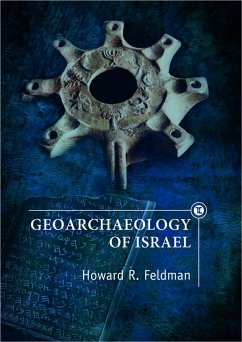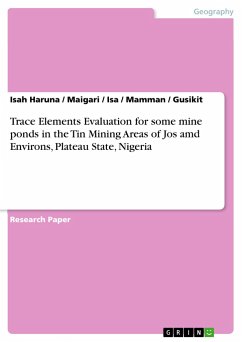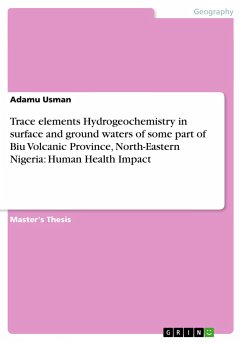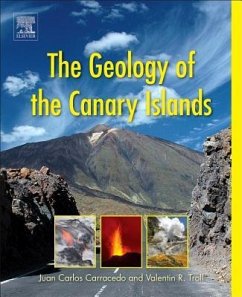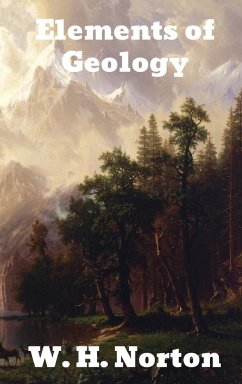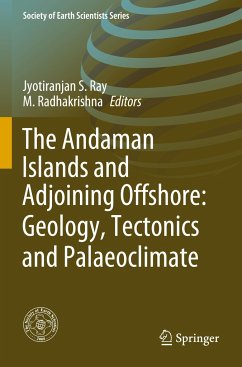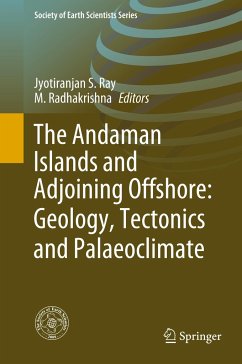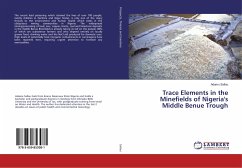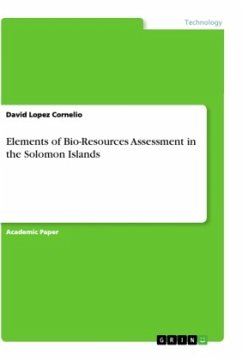
Elements of Bio-Resources Assessment in the Solomon Islands
Versandkostenfrei!
Versandfertig in 1-2 Wochen
47,95 €
inkl. MwSt.

PAYBACK Punkte
0 °P sammeln!
Academic Paper from the year 2020 in the subject Environmental Sciences, , language: English, abstract: The paper makes a review of the evolution and traditional use of the biological resources in the Pacific islands in order to find common trends and problems, and the way how do major land cover changes driven by anthropic pressure influence the national economies and the environment. An assessment of timber growth performance in a plantation, the status of two threatened groups of key wildlife species, and the traditional use and description of lesser known trees, are discussed. Project summ...
Academic Paper from the year 2020 in the subject Environmental Sciences, , language: English, abstract: The paper makes a review of the evolution and traditional use of the biological resources in the Pacific islands in order to find common trends and problems, and the way how do major land cover changes driven by anthropic pressure influence the national economies and the environment. An assessment of timber growth performance in a plantation, the status of two threatened groups of key wildlife species, and the traditional use and description of lesser known trees, are discussed. Project summaries for small scale projects that can enhance training capacities on natural resources management and further improve rural livelihoods are also included. Finally there is a call to coordinate more interdisciplinary efforts on this rewarding enterprise, because by solving our own problems nationals can proclaim with confidence their full independence.The Solomon Islands is an independent country in the South Pacific consisting of six major islands, over 900 smaller islands and a population of over 655,000 with diverse ancestry. The islands have been settled for at least 30,000 years, their rainforests were subject to shifting cultivation and then logging since the 1920s. Man's future in the Pacific islands depends largely on his ability to conserve and manage island ecosystems. Since his arrival to the hundreds of islands, he was constantly developing new ways of resources use as food sources, construction materials, boatbuilding, medicines, and as a defence against nature abnormal events (droughts, floods and typhoons) or aggression from other groups. A historical review of the process of islands discovery, domestication of plants and impacts on wildlife is discussed alongside the effects of current main socioeconomic factors on land cover changes and of industrial pollutants accumulation on coastal ecosystems. It was found that although all islands states share acommon ancestry and similar environments, the differences on forest cover and traditional utilization of natural bio-resources among islands are significant. A re-evaluation of the applicability of traditional practices at multiple sites can lessen impacts on the environment in societies that experience high demographic growth and where industrial development is unavoidable.



